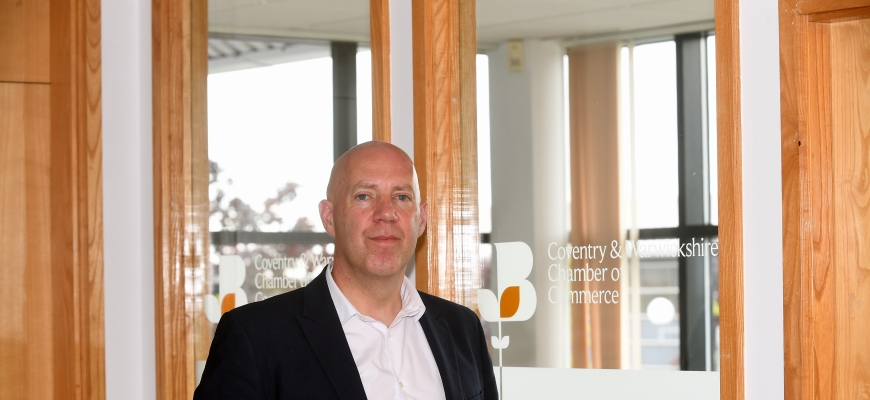
The UK economy has avoided recession but a regional business leader says it won’t be a cause for celebration among firms in Coventry and Warwickshire.
The latest GDP figures – the measure of economic activity – show that between October and December the economy recorded zero growth which means a recession was avoided by the smallest margin.
Corin Crane, the chief executive of the Coventry and Warwickshire Chamber of Commerce, said it would bring some relief but it could not hide the underlying economic issues that businesses are facing.
He said: “Going into recession brings its own negative outlook and can be bad for business and consumer confidence. So, from that point of view, it is a relief that we avoided it and hopefully we can build on this over the coming months.
“In Coventry and Warwickshire, business confidence has bucked the national trend but there is no doubt that companies across our patch are facing multiple challenges.
“I spoke to businesses again this week who are struggling to recruit and frustratingly they’d be looking to grow quite considerably if they could get the right people in.
“The challenges around inflation and energy costs are very well documented and there is a glimmer of hope that they might start to fall in the not-too-distant future.
“So, while it is welcome, avoiding recession won’t be a cause for celebration among firms across Coventry and Warwickshire because it doesn’t take away from the issues they are facing every day.
“Here at the Chamber, we are at the forefront of the conversations in ensuring these issues remain firmly on the agenda of decision makers at a local, regional and national level in a bid to find new solutions.
“And our team is ready to support businesses across the region who need help – whether that is to make sure they survive or to help them grow.”
David Bharier, Head of Research at the British Chambers of Commerce, said: “The GDP estimates, while indicating the economy technically avoided a recession, show some worrying developments. Production output fell by 0.2% in Q4 2022, eight of the 14 service sectors saw contractions, and monthly GDP fell by 0.5% in December.
“Small businesses have seen three years of economic shocks, including lockdowns, global supply chain crises, Brexit, and soaring energy costs.
“Our research has shown that most small firms have seen no improvements to sales, exports, or investment. Retailers and hospitality firms are among the worst affected by as consumer confidence takes a hit.
“There is some relief ahead in falling energy prices and with the potential peak in inflation. But firms face other headwinds, including continuing strike action and further uncertainty around our trading relationship with Europe.
“Businesses will need to see a long-term plan for growth and concrete action in the upcoming Budget, including plans on infrastructure, tax, skills, and trade.”
